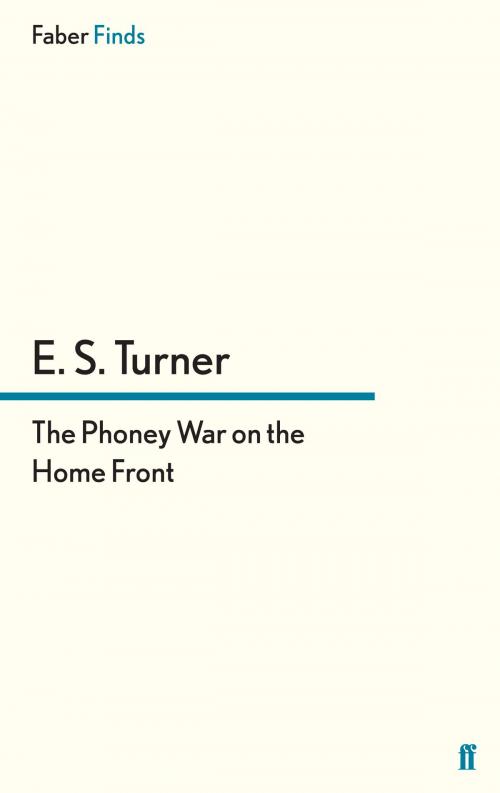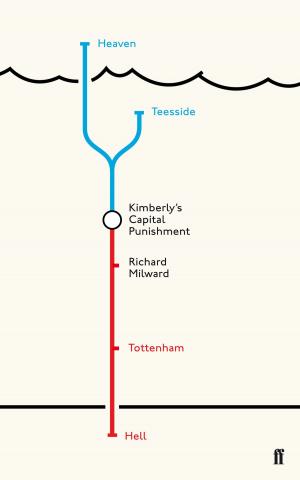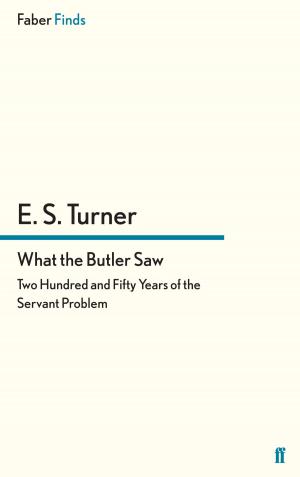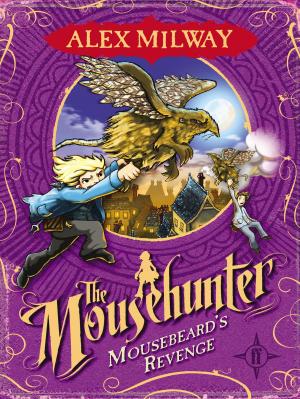| Author: | E. S. Turner | ISBN: | 9780571294749 |
| Publisher: | Faber & Faber | Publication: | April 17, 2012 |
| Imprint: | Faber & Faber | Language: | English |
| Author: | E. S. Turner |
| ISBN: | 9780571294749 |
| Publisher: | Faber & Faber |
| Publication: | April 17, 2012 |
| Imprint: | Faber & Faber |
| Language: | English |
One of the strangest periods in the social history of Britain was that of the Phoney War of 1939-40, when the nation did not know quite whether it was at war or peace. E.S. Turner's marvellous study, first published in 1961, offers a none-too-reverent account of how Britons tried to adjust themselves to the uncertainties of those days.
What was a woman to do if the air-raid siren sounded while she was curling her hair? Were the police required to open fire through jewellers' windows at un-extinguished light bulbs? What was more patriotic - to buy War Bonds or to drink as much whisky as possible? Turner further explores the difficulties posed by blackouts to private detectives and prostitutes; the impact of the moment upon morals, and on fashions; and the bureaucracy's blundering seizure of the nation's spa hotels. The story is carried entertainingly all the way to the Blitz: the darkening moment at which Britain realized there was indeed 'a war on.'
One of the strangest periods in the social history of Britain was that of the Phoney War of 1939-40, when the nation did not know quite whether it was at war or peace. E.S. Turner's marvellous study, first published in 1961, offers a none-too-reverent account of how Britons tried to adjust themselves to the uncertainties of those days.
What was a woman to do if the air-raid siren sounded while she was curling her hair? Were the police required to open fire through jewellers' windows at un-extinguished light bulbs? What was more patriotic - to buy War Bonds or to drink as much whisky as possible? Turner further explores the difficulties posed by blackouts to private detectives and prostitutes; the impact of the moment upon morals, and on fashions; and the bureaucracy's blundering seizure of the nation's spa hotels. The story is carried entertainingly all the way to the Blitz: the darkening moment at which Britain realized there was indeed 'a war on.'















